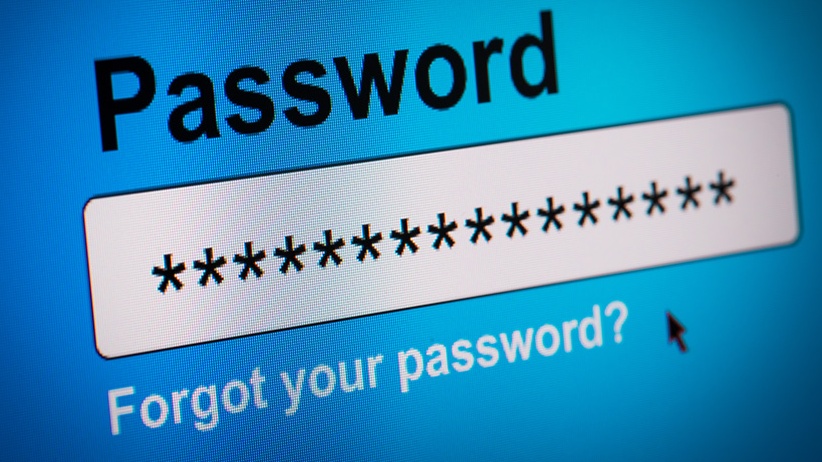Can you guess the most common internet password in India?
It is not the globally popular '12345'

In spite of cyber attacks becoming routine across the world, one-in-five people do not protect themselves against the risk. Things are worse in India where the internet users are clumsier with their online security passwords with "12345" being the most commonly used globally.
However, things are different in India. Despite most websites recommending the use of a combination of alphabets, numerals and special characters, as many as 1.7 million people in the country continue to use "Password" as their most preferred password across banking websites and social media accounts.
A new report by Nordpass indicates that more than 62 per cent of commonly used passwords can be backed within less than a second. However, users are turning more and more clumsy with their online security in spite of having their social media accounts hacked at least once.
Besides using password as their online security, the other commonly used ones in India include 12345, followed by 123456, 123456789 and 12345678. The first two have been used by more than a million people each while the next two have more than half a million listed. Other password combination that are popular in India include "india123", "qwerty", "abc123" and even "xxx".
The report further analysed the password usage across India and found that among other most commonly used options, religious names and entities with numbers are among the most popular. Some commonly used passwords include "krishna", "sairam", "omsairam", "jaimatadi", "saibaba", and "ganesh.
Another trend that was noticed by authors of the report was for users to keep their names as passwords with a ubiquitous "123" at the end. All such passwords can be broken into within half an hour, says the report which also warns against use of some common phrases such as "pass123", "girlsrockz" and "iloveyou".
How to get a strong password?
As a thumb rule, the report advises users to follow a simple trick while setting up their internet passwords. Use alphabets, numbers and special characters in them. The idea is to keep the passwords as unique as possible and should ideally not be closely relatable to the person.
Get daily insight, inspiration and deals in your inbox
Sign up for breaking news, reviews, opinion, top tech deals, and more.
Another factor to remember is to not use the same password for multiple websites or apps. This is a sure way of attracting the attention of hackers as the internet does provide a profile of each user, based on their consumption the service.
There is always the option of using free password managers that are available online and can be added to the smartphone or the computing device. There are some that provide options for strong passwords and then keep them safe for the user, who can access it when visiting the specific website.
There is also the option of checking the password strength using Google for Password Check or online services like Kaspersky. In fact, there are several websites that automatically measure the password strength and even suggest changes.
Finally, users could take up two-factor authentication where available on their profiles, possibly using their mobile numbers to secure the account.
Want to know about the latest happenings in tech? Follow TechRadar India on Twitter, Facebook and Instagram!
A media veteran who turned a gadget lover fairly recently. An early adopter of Apple products, Raj has an insatiable curiosity for facts and figures which he puts to use in research. He engages in active sport and retreats to his farm during his spare time.
